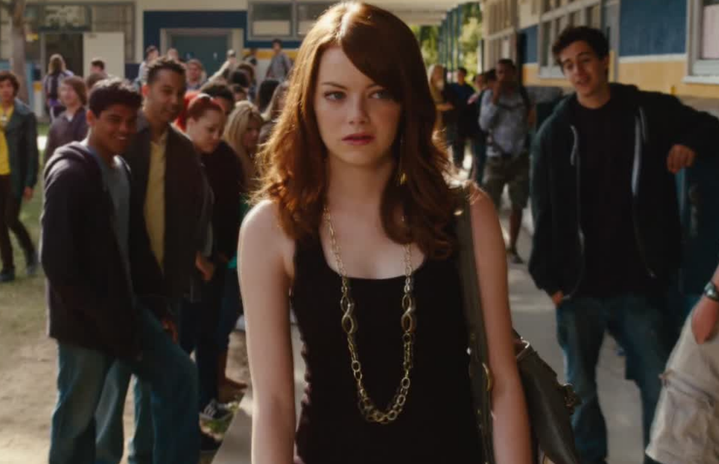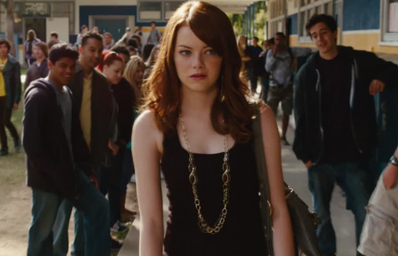As a film student, I often feel pressure to only enjoy mainstream films because deep inside me, I worry about what people will think about my personality and taste.
I can certainly guarantee that we all have movies that we secretly love, but we don’t talk about them publicly. As a quick experiment, when someone asks you what your favorite movie is, what do you say? Do you say something that will make you sound interesting? Or do you have a safe answer that will not make people question your taste in movies? If the latter is the case, now think of a film you love but never admitted to anyone because you would feel judged. Don’t worry! It isn’t your fault you feel the need to lie about the films you like.
There are a lot of misconceptions about mainstream movies because of publicity, bad reviews, lack of nominations at award shows, or poor scores on sites like Rotten Tomatoes that unconsciously influence our own opinion before and after we watch a movie. For example, one of my favorite films is Knives Out (Johnson, 2019). I remembered reading that it was nominated for an Oscar in the category of Best Original Screenplay and received a score of 97% on Rotten Tomatoes. The award nomination and high score inevitably influenced how I felt about the movie and made me use it as a “safe answer” when someone asked me about the films I watch.
External opinion has so much power that, thanks to it, movie lovers began to create this idea in their heads that blockbuster movies are not worth people liking, and deserve negative reviews and ratings. For example, in 2019 famous film director Martin Scorsese argued that superhero movies, specifically Marvel Studios movies, were not cinema. These allegations caused many people who love superhero movies to feel criticized and judged for their taste in films. Perhaps there were no bad intentions behind the comment of Martin Scorsese, but this is still a great example of what a public opinion can cause in others.
The superhero genre is just one of many genres that have been affected. I also have found that romantic comedies and chick flicks are among the genres most impacted by public opinion because their target audience is usually young adult women. A simple Google search on “the worst romantic comedies or chick flicks” will display thousands of articles ranking the worst films in the history of these genres. Movies like Pretty Woman (Marshall, 1990), Sex and the City (King, 2008), Mamma Mia! (Lloyd, 2008), Grease (Kleiser, 1978), and Clueless (Heckerling, 1995) are the most popular in those lists.
Films that are not so well known are also being included in the discussion. Movies like First Daughter (Whitaker, 2004), Because I Said So (Lehmann, 2007), Good Luck Chuck (Helfrich, 2007), The Big Wedding (Zackham, 2013), and Mother’s Day (Marshall, 2016) received less than 10% of 100% in Rotten Tomatoes.
Unfortunately, the media will always make sure you know which movies have better reviews, awards, or high scores and will make fun of the films they consider to be the worst. However, you are not obligated to share the same opinion as what the media or “film experts” say.
Here are some tips you can start putting into practice to prevent the popular opinion from shaping your opinion about a movie:
1. Don’t read or listen to reviews about a movie until you have finished watching it. But if you do, try to not take what they say so solemnly.
2. every time you finish watching a film, ask yourself if you like it or not and analyze the reason behind that decision.
3. don’t use the media to reassure your opinion.
4. stop referring to certain movies as your “guilty pleasure.” Others need to respect that it’s your life, time, and eyes, so don’t feel the need to excuse yourself for liking a film.
I hope you were able to take something out of this article. Next time, remember to share with the world the movies that you love and that hating on popular movies doesn’t make you cool!


